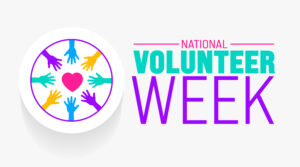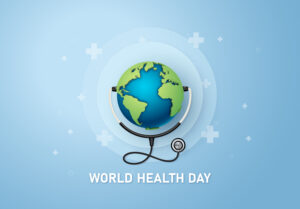World Ocean Day, celebrated globally since 1992, provides an opportunity to honor, help protect and conserve our oceans and plan for their sustainable management.
The theme for Ocean Day 2025 is: Wonder: Sustaining What Sustains us. Oceans cover more than 70% of Earth’s surface and are essential to human lives and livelihoods.
This day is a reminder to all of us of our need to understand the impact of human actions on the oceans of the world and of our collective duty to use their resources wisely and help in whatever way we can to protect them.
Sir David Attenborough has a new film on Oceans. View a trailer (2:28) for this important documentary:
El Día Mundial de los Océanos, que se celebra en todo el mundo desde 1992, brinda la oportunidad de honrar, ayudar a proteger y conservar nuestros océanos y planificar su gestión sostenible.
El tema del Día de los Océanos 2025 es Maravilla: Sostener lo que nos sostiene. Los océanos cubren más del 70% de la superficie de la Tierra y son esenciales para la vida y los medios de subsistencia humanos.
Este día es un recordatorio para todos nosotros de nuestra necesidad de comprender el impacto de las acciones humanas en los océanos del mundo y de nuestro deber colectivo de utilizar sus recursos con prudencia y ayudar en todo lo que podamos a protegerlos.


 Building on centuries of Catholic Social Teaching and drawing on Scripture,
Building on centuries of Catholic Social Teaching and drawing on Scripture, 
 This year’s theme Unmasking Mental Health encourages people to recognize that hiding mental health challenges can lead to increased isolation and stigma. It also reminds us of the need to look beyond the surface and see the whole person.
This year’s theme Unmasking Mental Health encourages people to recognize that hiding mental health challenges can lead to increased isolation and stigma. It also reminds us of the need to look beyond the surface and see the whole person. Using the image of water, this year’s observance compares the contributions of volunteers to the power of water to affect the world’s’ ecosystems. This week gives Canadians an opportunity to recognize and celebrate all the ways volunteers create ripples of change in our society.
Using the image of water, this year’s observance compares the contributions of volunteers to the power of water to affect the world’s’ ecosystems. This week gives Canadians an opportunity to recognize and celebrate all the ways volunteers create ripples of change in our society. According to current statistics, nearly 300,000 women worldwide lose their life through pregnancy or childbirth each year, and over two million babies die in the first month of life. The health of mothers and babies is the foundation of healthy families and communities, helping to ensure a hopeful future for all. This 2025 WHO campaign urges health systems to manage the many health issues impacting maternal and newborn health.
According to current statistics, nearly 300,000 women worldwide lose their life through pregnancy or childbirth each year, and over two million babies die in the first month of life. The health of mothers and babies is the foundation of healthy families and communities, helping to ensure a hopeful future for all. This 2025 WHO campaign urges health systems to manage the many health issues impacting maternal and newborn health.